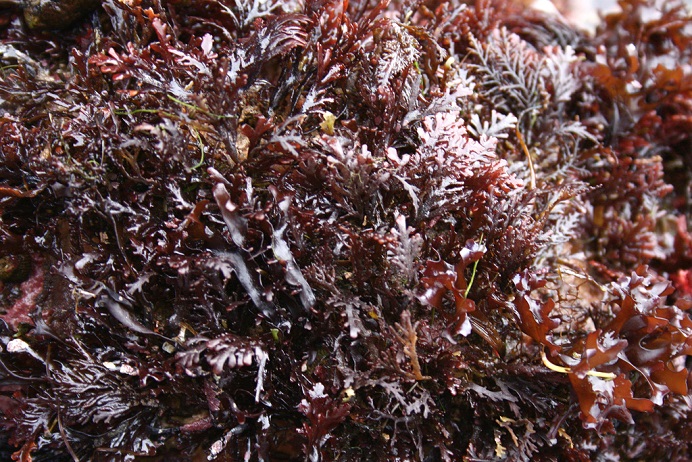Sinead Kennedy, Dusseldorf Office, Bord Bia – Irish Food Board
The global seaweed market is valued at USD 11,250 Million for the year CY’16 growing at a CAGR of 8.6% in the past 5 years. (Feedback Consulting, 2017) This statistic proves that perceptions of seaweed are changing from the slimy dark weed on our beaches to a nutritious, sustainable and tasty food!
But what is fueling this demand?
- Seaweed is a fantastic source of vitamins and minerals such as iodine and magnesium. Some seaweeds can even contain up to 35% protein!
- Seaweed has a natural ‘umami’ taste, the flavour which MSG was created in a lab to replicate. It enhances the savoury taste of foods so less salt is needed.
- Seaweed requires no resources to produce. No land, no fresh water, no pesticides, herbicides etc.
Use of seaweed as food has strong roots in Asian countries such as China, Japan and the Republic of Korea, but demand for seaweed as food has now also spread to North America, South America, and Europe. China is by far the largest seaweed producer followed by the Republic of Korea and Japan. With our grade A Atlantic waters, Ireland produces some of the best seaweed in the World.
According to Paul O Connor, founder of This Is Seaweed; “Seaweeds are macroalgae that are essential to marine life for food and habitat, and they have been a key part of the human diet for thousands of years. Our Irish ancestors relied on seaweed as part of their diet, handpicking it for their families from the edge of the shore. As far back as the 5th century, monastic writings tell of its importance in Irish cooking.”
Ireland was represented by a number of Irish suppliers at Food Ingredients Europe (FIE) recently, where food producers highlighted that they are now beginning to look to seaweeds to add to their offering as salt replacers, flavour enhancers or nutritional boosters.
2018 saw the move of Seaweed to mainstream shelves in Germany with Maris Algen products popping up on Rewe shelves nationwide. This product is a great example of tailoring your product to suit your customers: mustard (Senf) and flavoured bread spreads (brotaufstrich) have long been a staple of the German diet- Maris Algen took this on board to create a seaweed based product to suit the German palate.
For more information, please contact Sinead.kennedy@ucdconnect.ie




